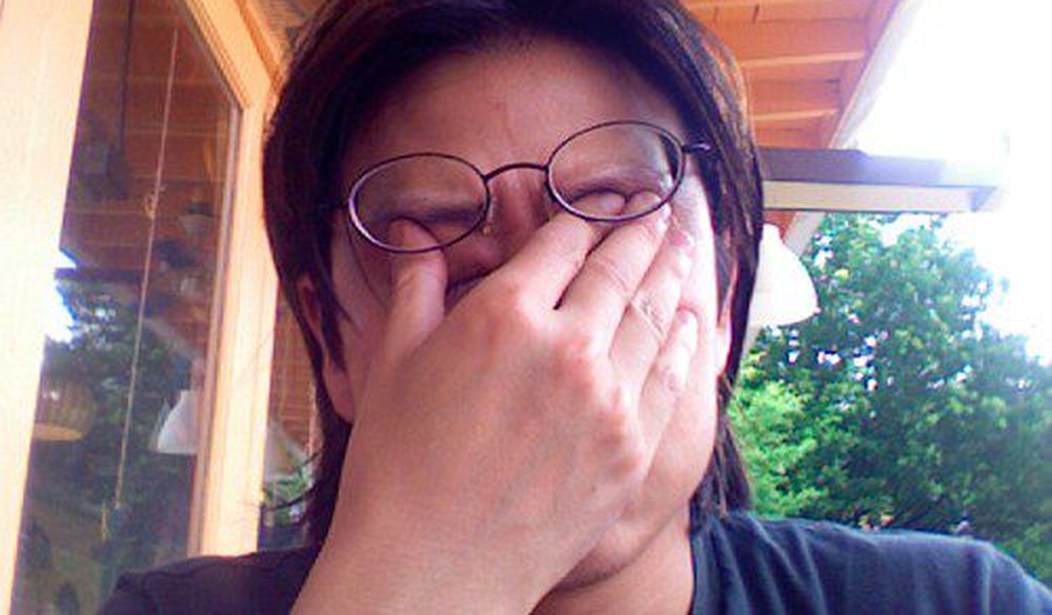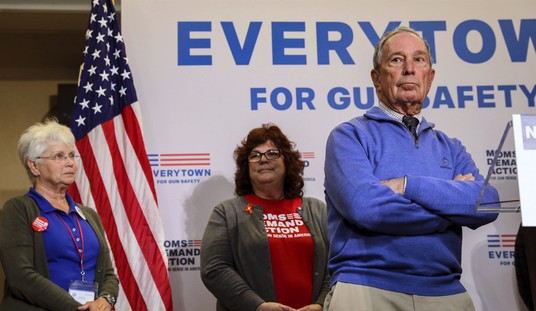Why do researchers conduct studies?
Well, often it’s because they have to research something and this is what could get through the approval process.
In theory, though, it should be to help expand human knowledge and, at times, help us develop policies.
On guns, we were told the fact that federal dollars weren’t being spent on studies was almost criminal. However, after looking at a couple of studies cited in a recent article, I have questions.
Lots of them.
First, let’s start with the article itself, which is touting the results of the first study.
More than 1,300 Arizonans died by gun violence in 2021 according to the Centers for Disease Control and Prevention.
While mass shootings get widespread media attention, shootings can take place in many locations, including inside homes. A new study looks at the impacts children and adolescent survivors of gun violence face after being shot. The study found a year after being shot, younger survivors experienced higher rates of pain disorders, psychiatric disorders and an almost 150% increase in substance use disorders.
Now, my first question is, “Who needed a study to know it was something like this?”
People who get shot are generally going to have a much higher rate of pain and psychological disorders simply because of the trauma of being shot. I’m not entirely sure that it’s just limited to young people, though the young are often still developing both physically and psychologically, so trauma like that may well leave a more lasting and devastating impression.
But this is a study that was conducted on a topic that we can all look and say, “Well, yeah.”
The issue is that this isn’t the only study mentioned in the article.
Kelly Drane, research director at the Giffords Law Center, said gun violence can have devastating effects on children and their families.
“One study found that they actually earn less money as adults if they’ve experienced gun violence as a child,” Drane pointed out. “Because they kind of make choices and have a harder time learning in school and it impacts the kinds of careers that they have later in life.”
Now, I clicked that link, and missing is any methodology that would permit us to examine how they came to that conclusion.
And that really matters.
You see, unlike the first study, this isn’t as easy to accept at face value.
Did these kids end up earning less money because they experienced “gun violence” as a child or where the conditions that made it more likely they’d be exposed to “gun violence” also contribute to them earning less money as an adult?
We know that violent crime is far more prevalent in economically disadvantaged areas. We also know that people who group up in areas like this are typically less likely to become high earners later in life.
In other words, I’m not saying the correlation doesn’t exist, I’m just questioning causation.
We ended up with two different studies being brought up, both trying to make an argument that’s supposed to accomplish something, but neither actually does.
At least the first one reads like actual research. The second one, coming from Everytown, is just propaganda being dressed up as science anyway.








Join the conversation as a VIP Member